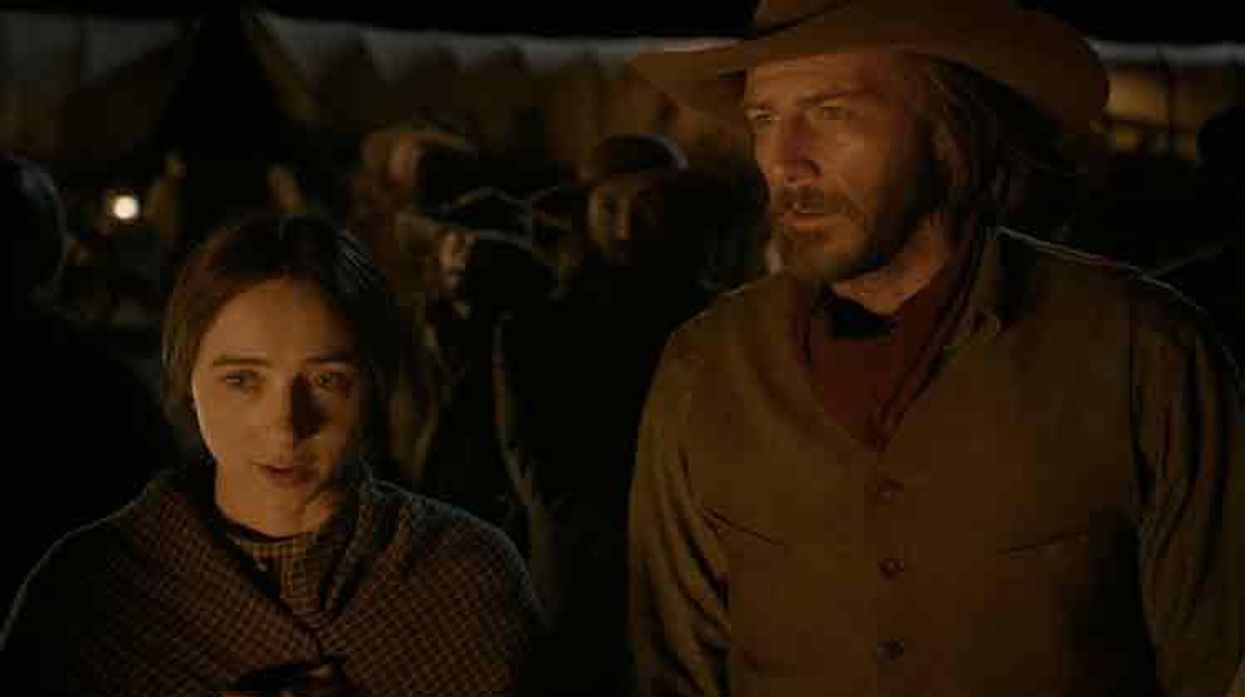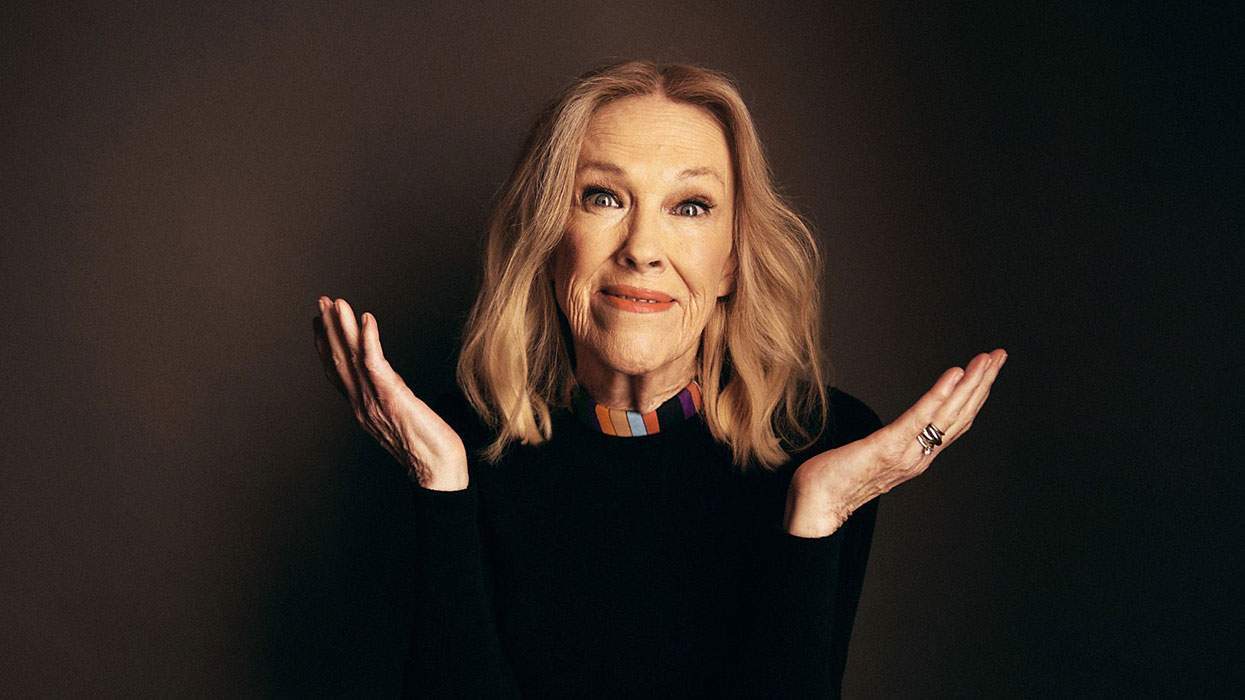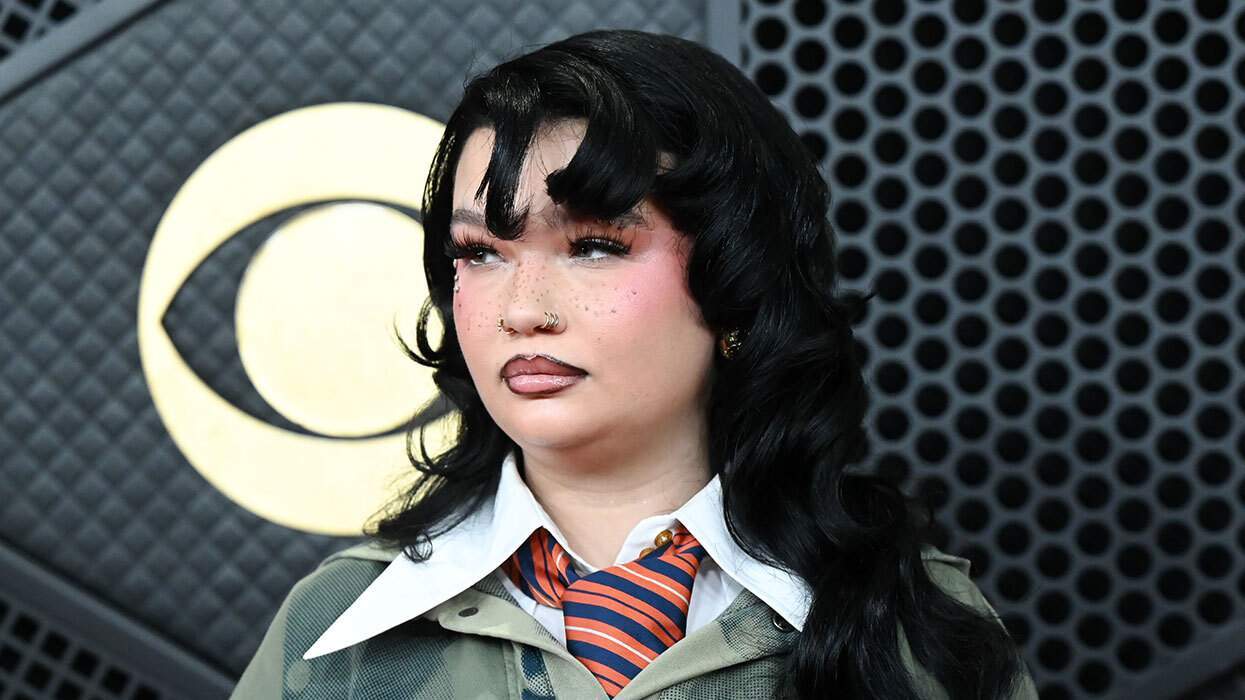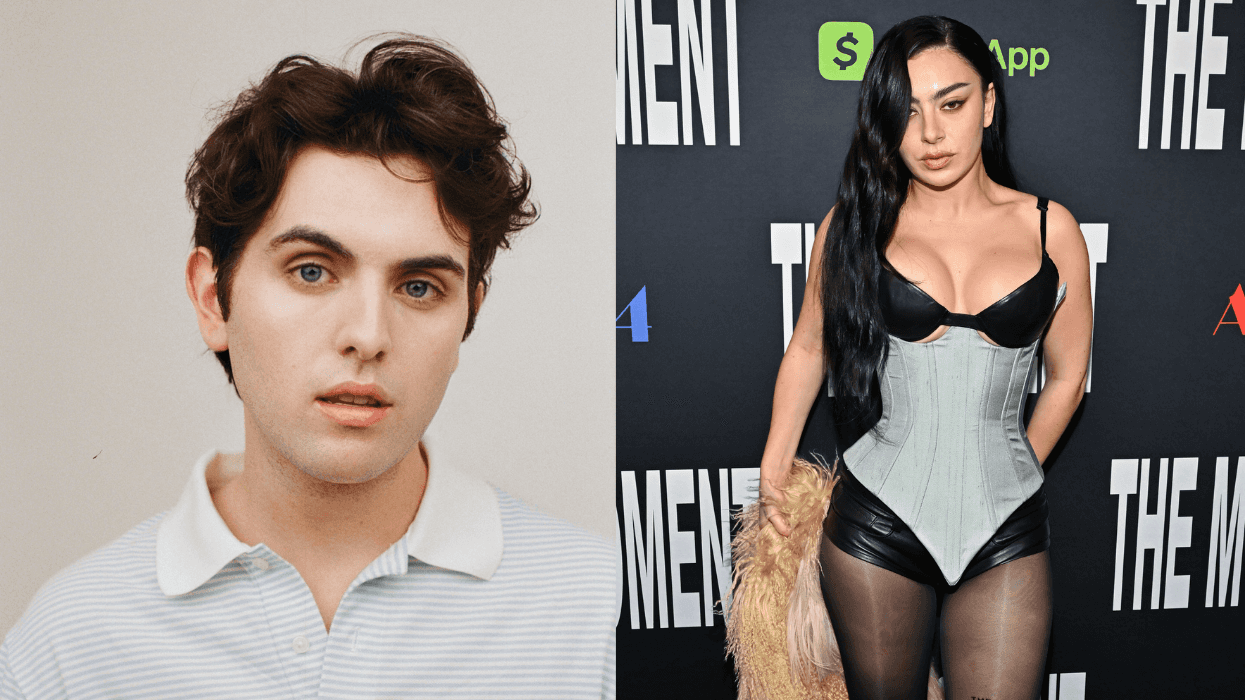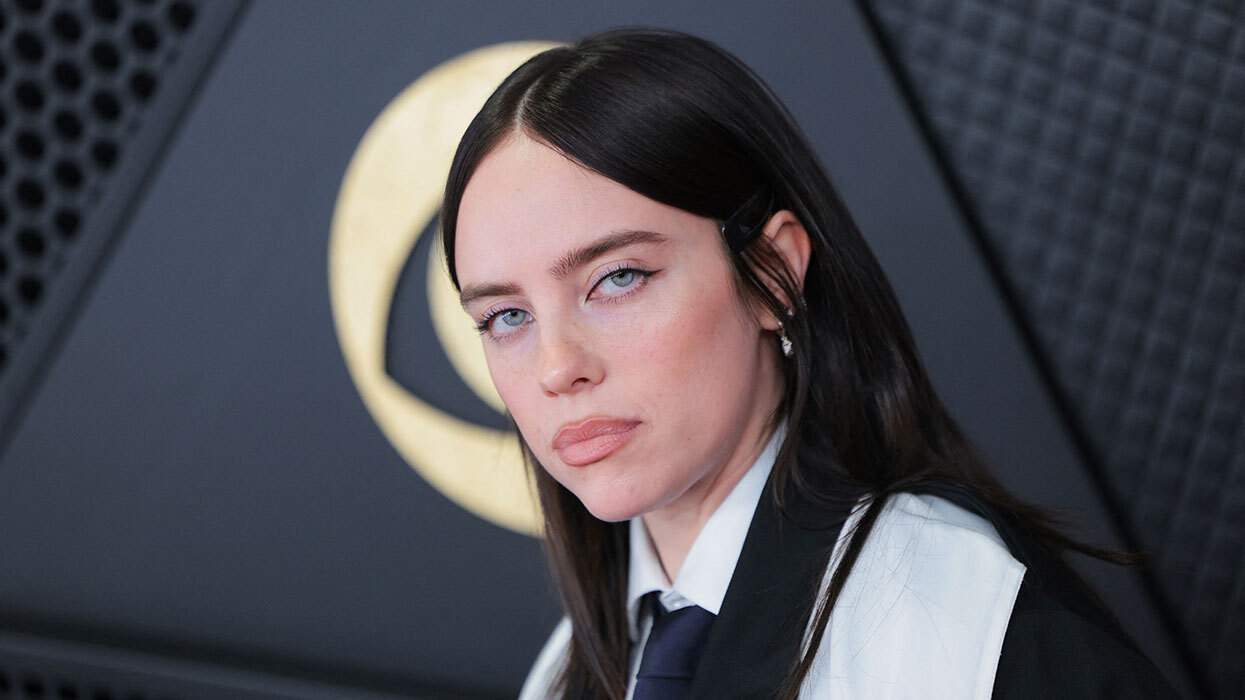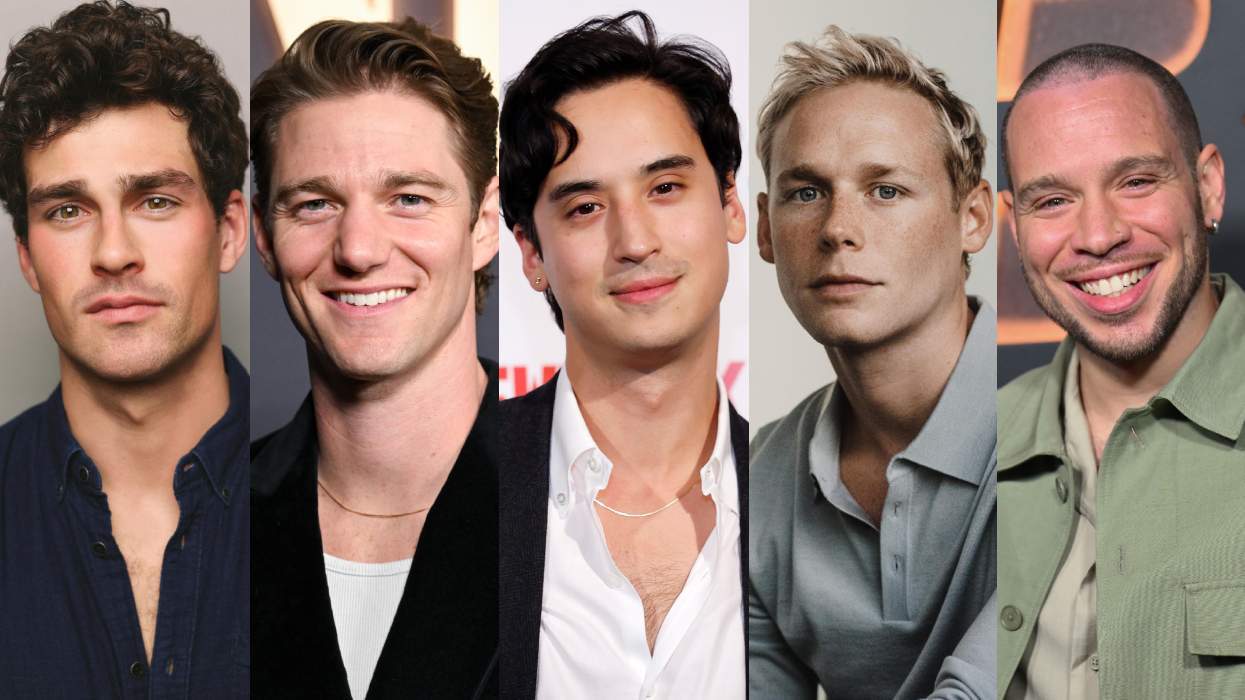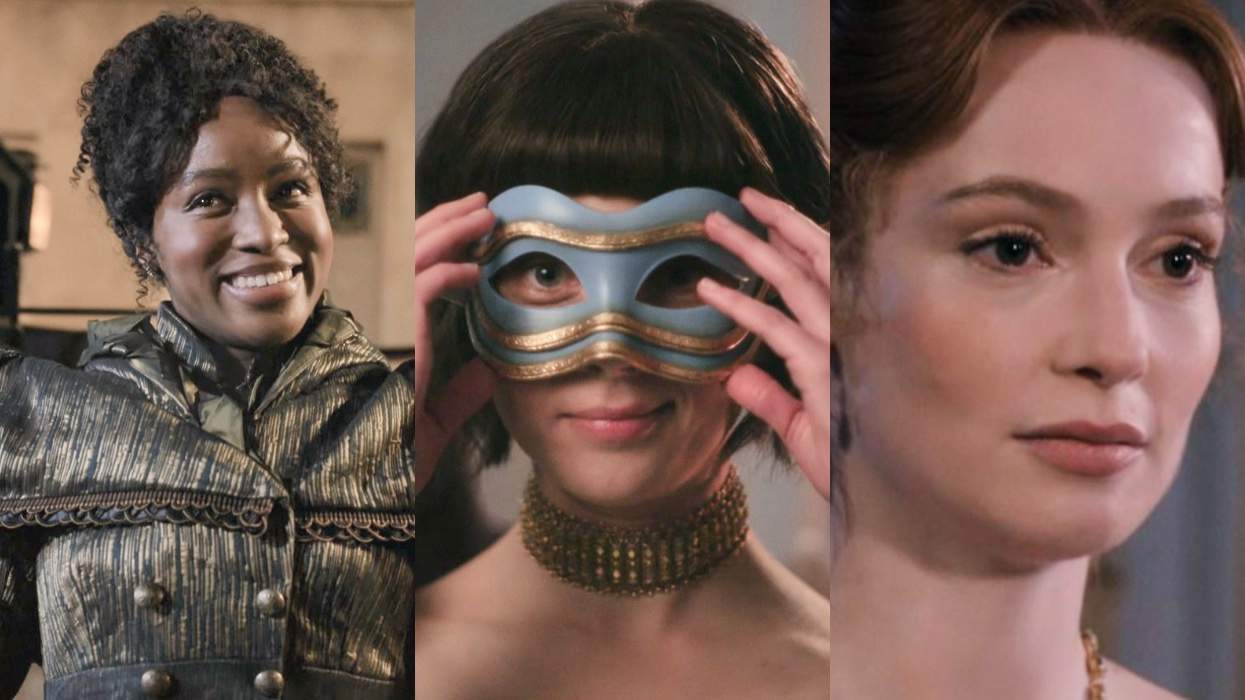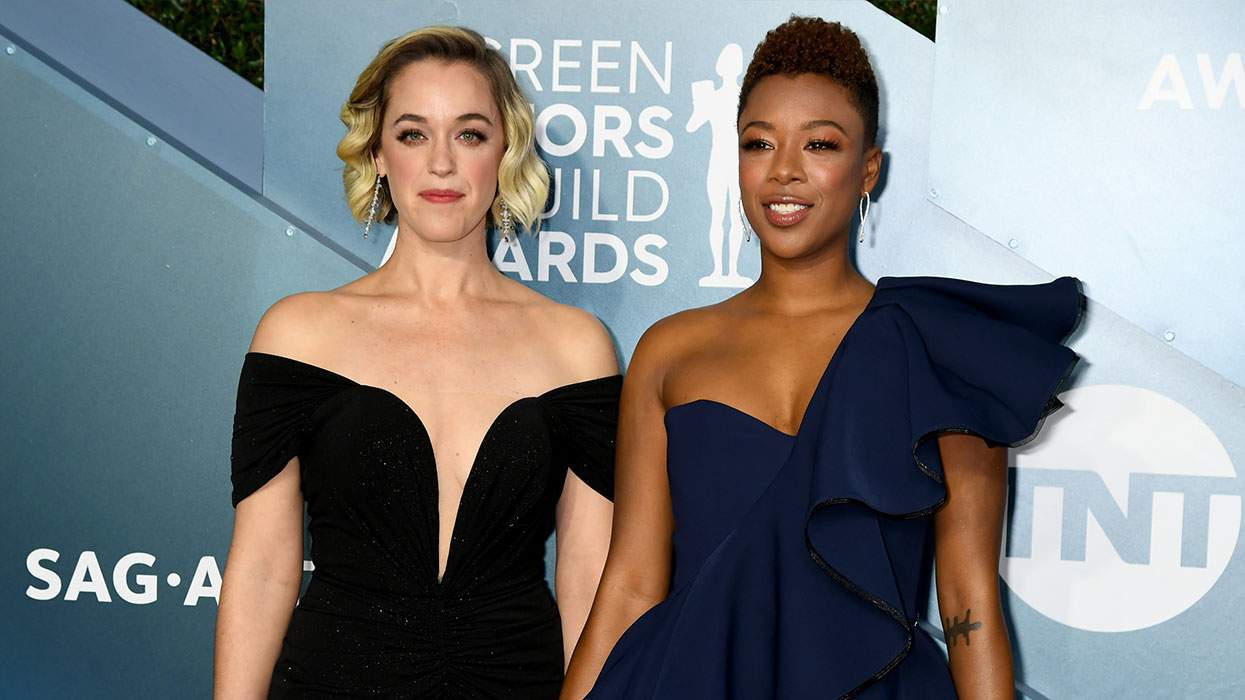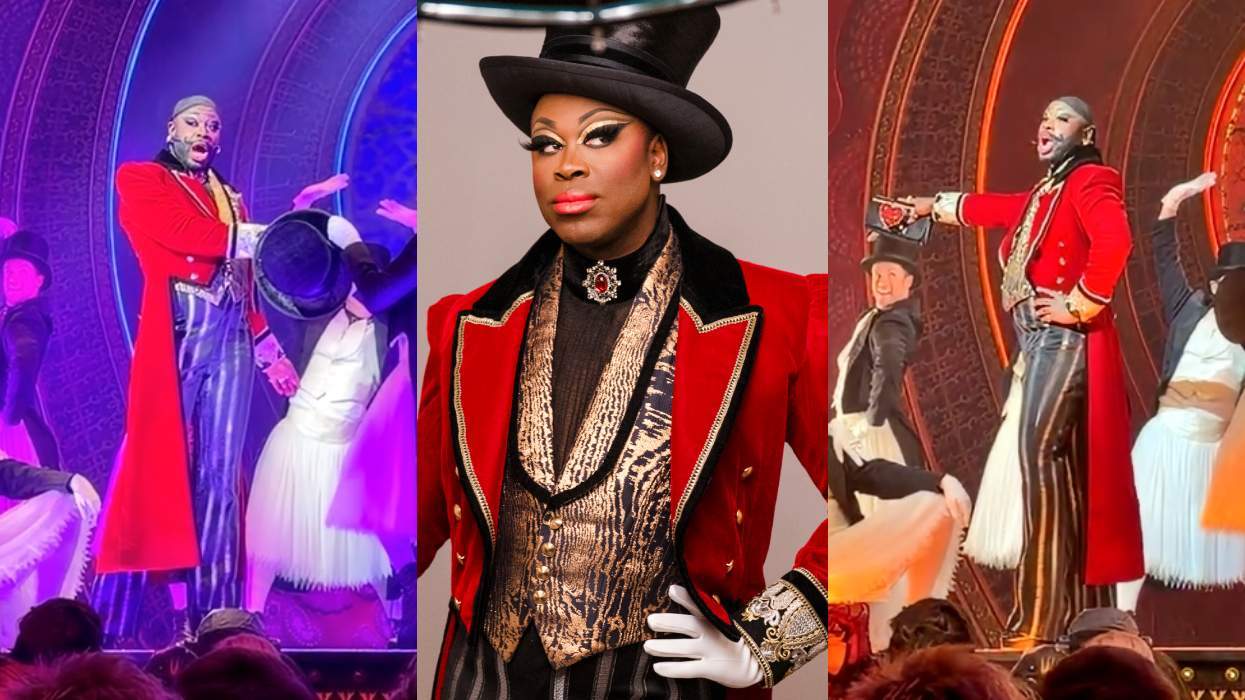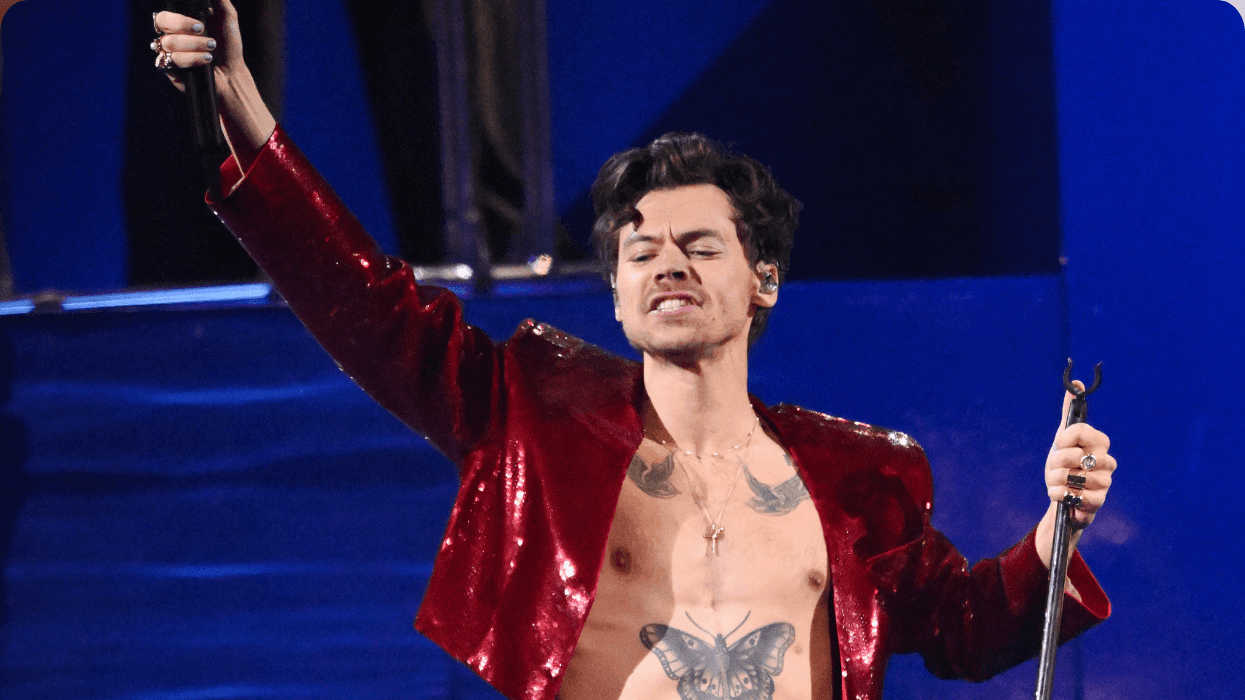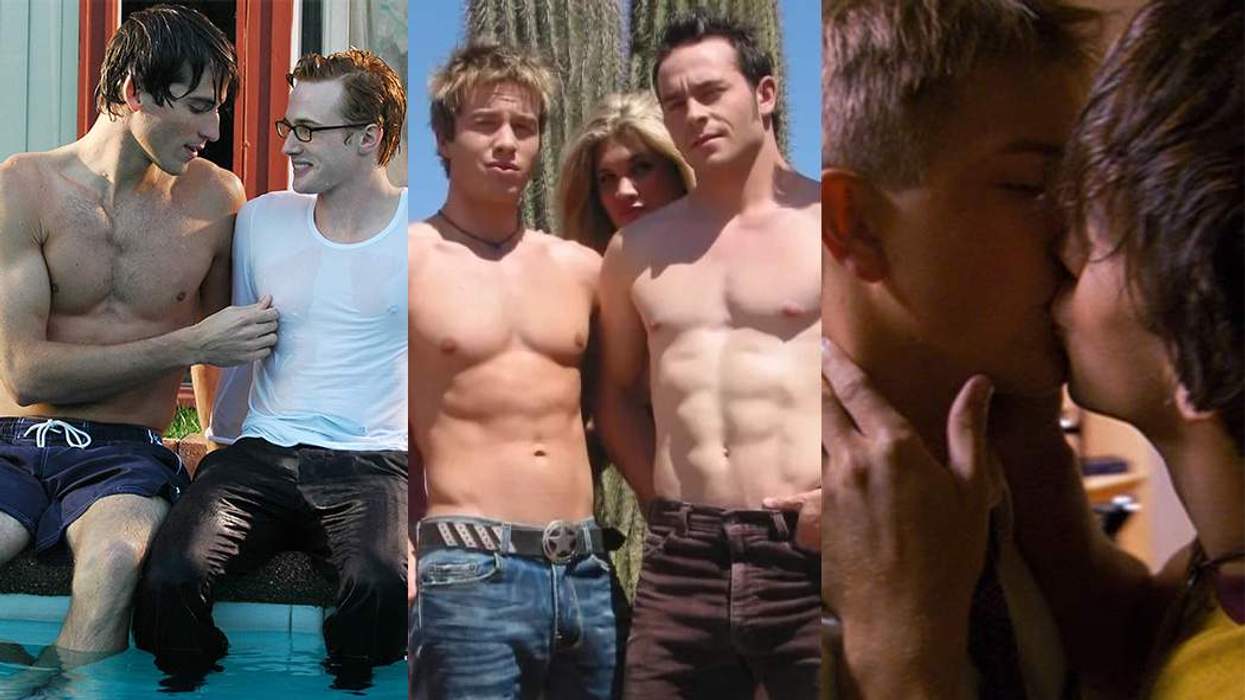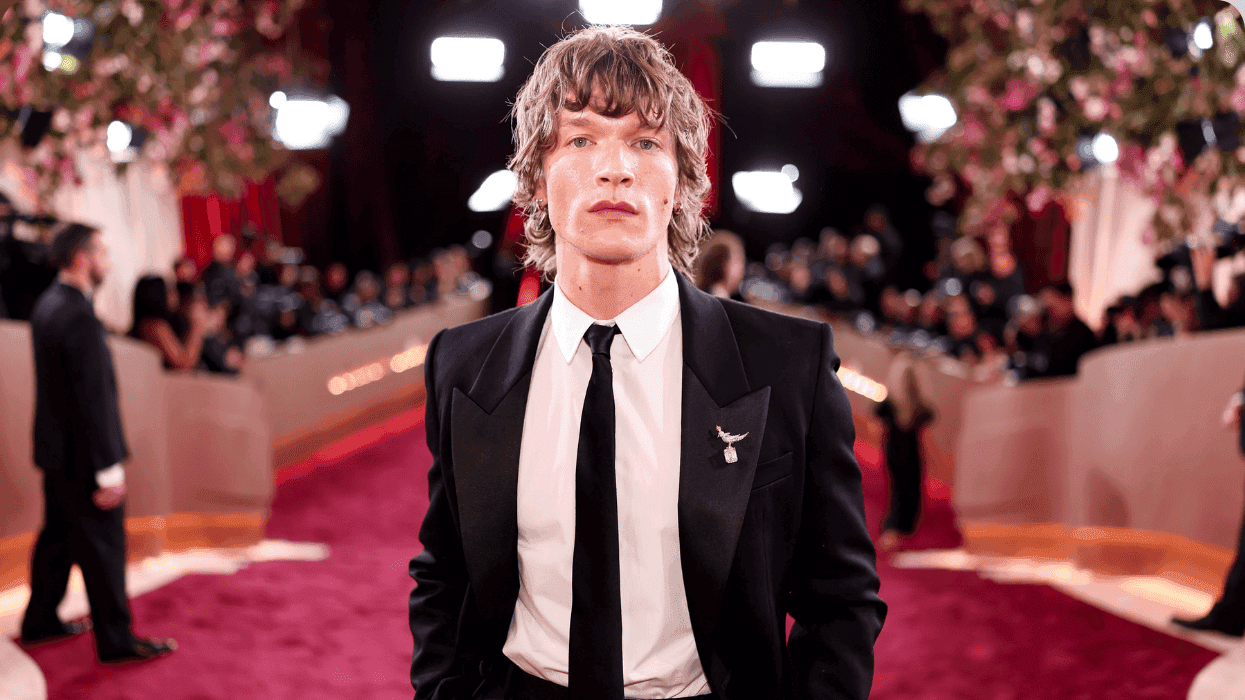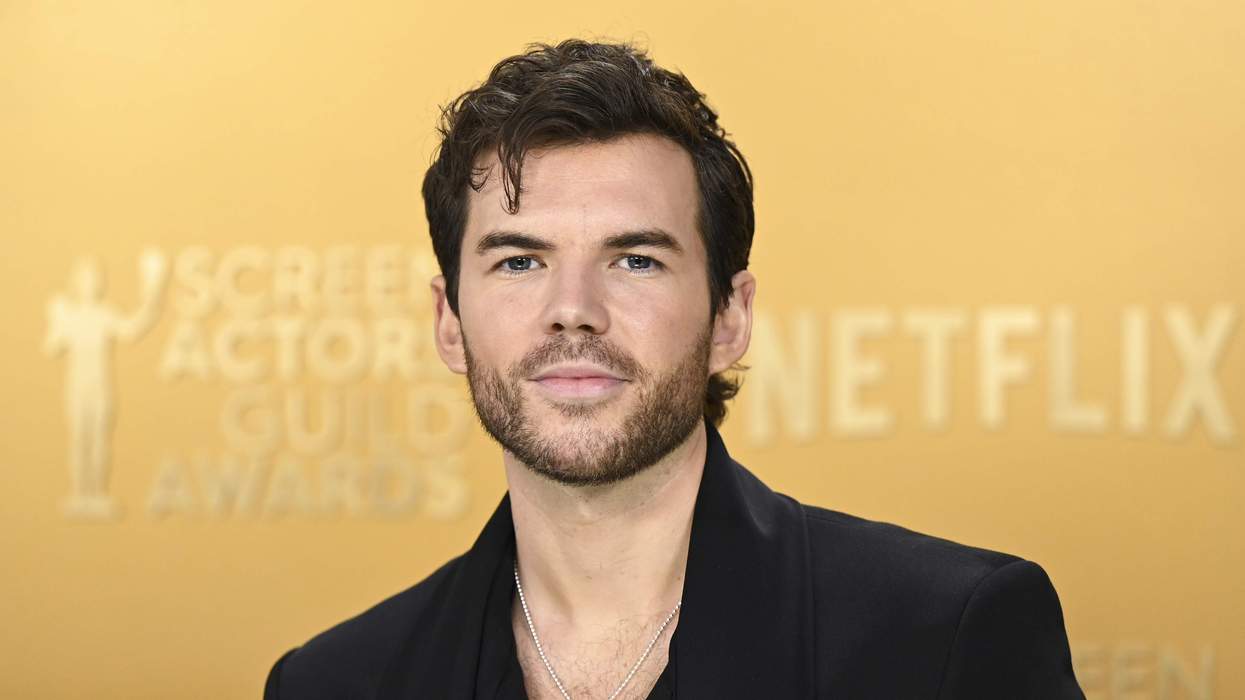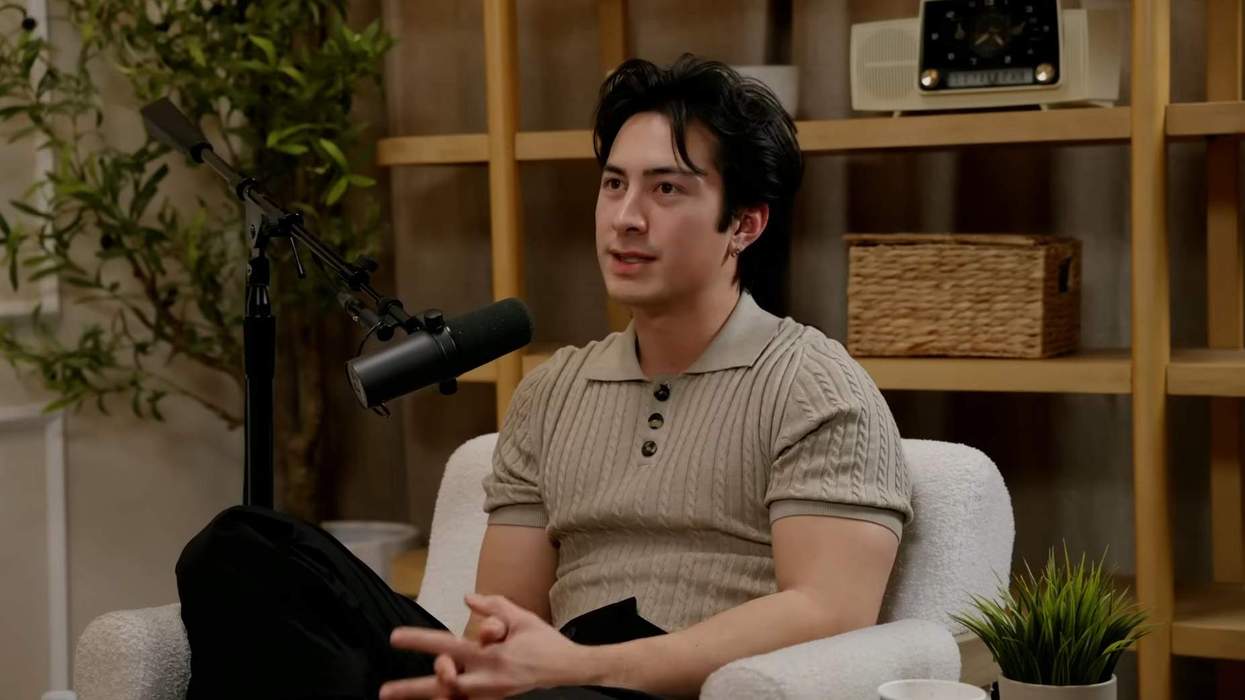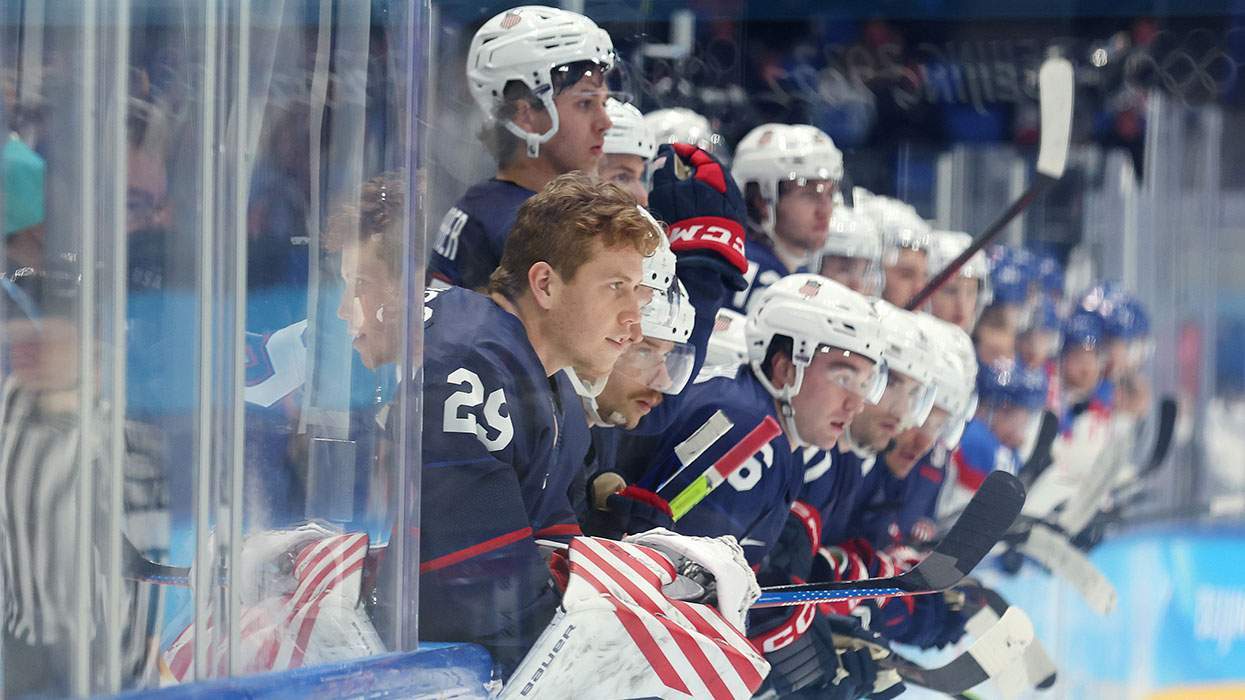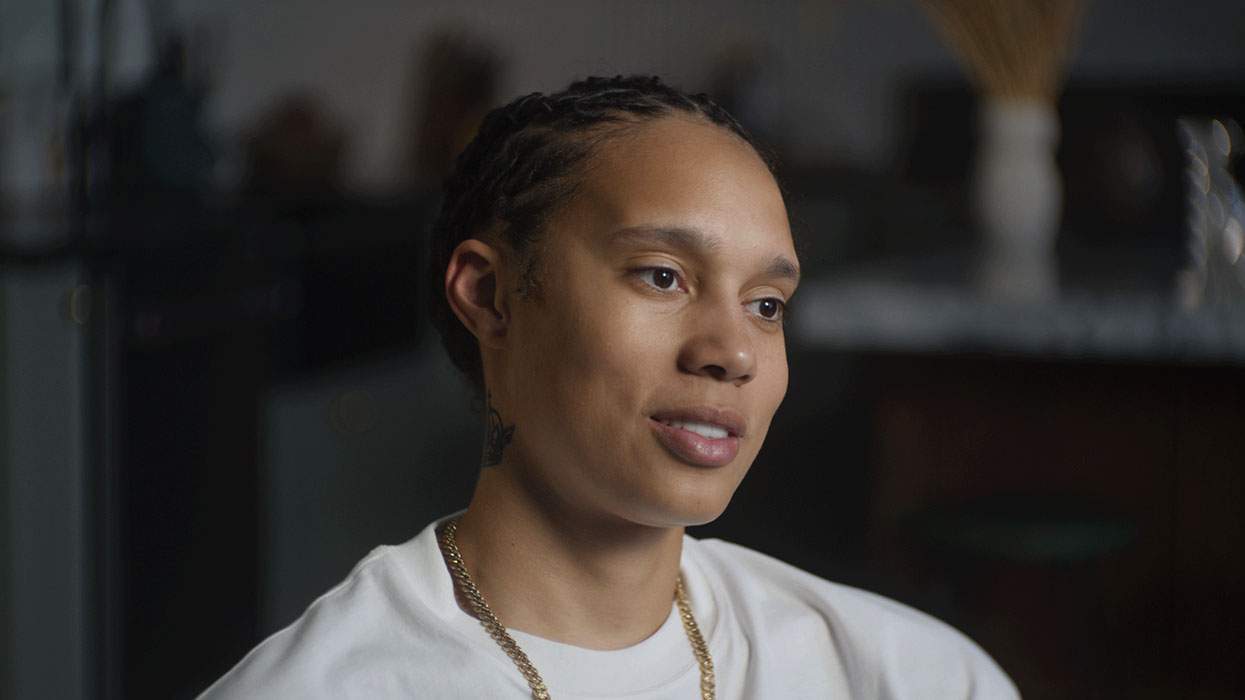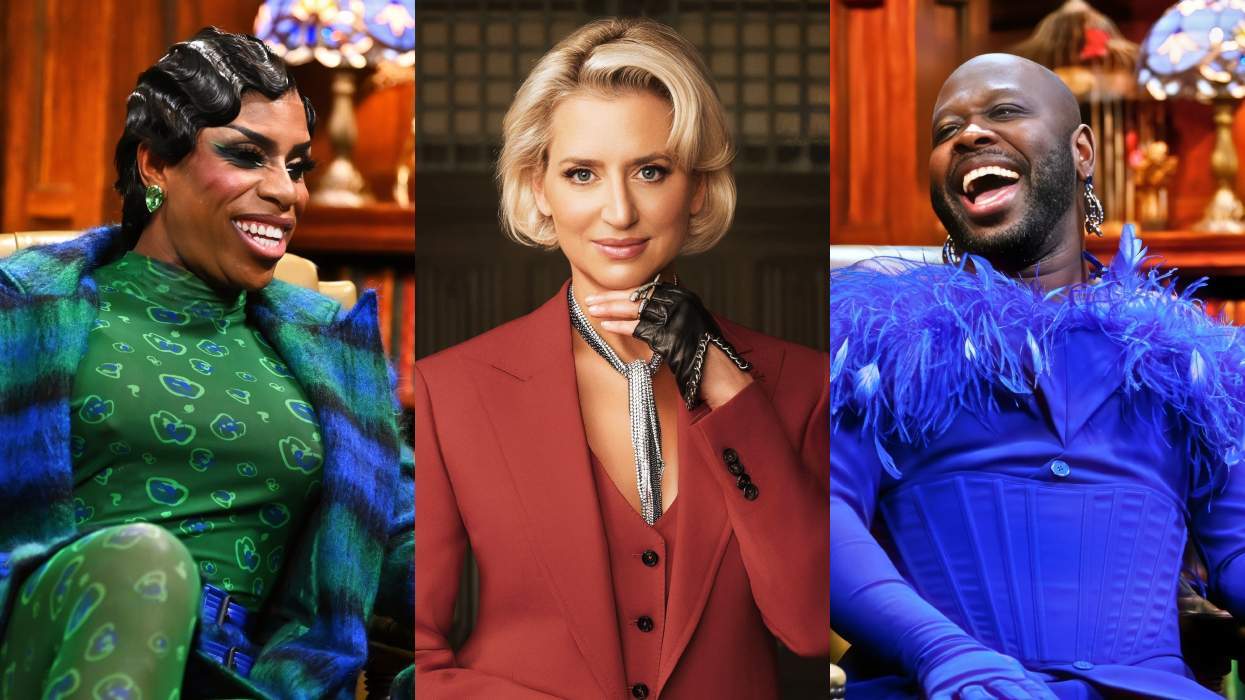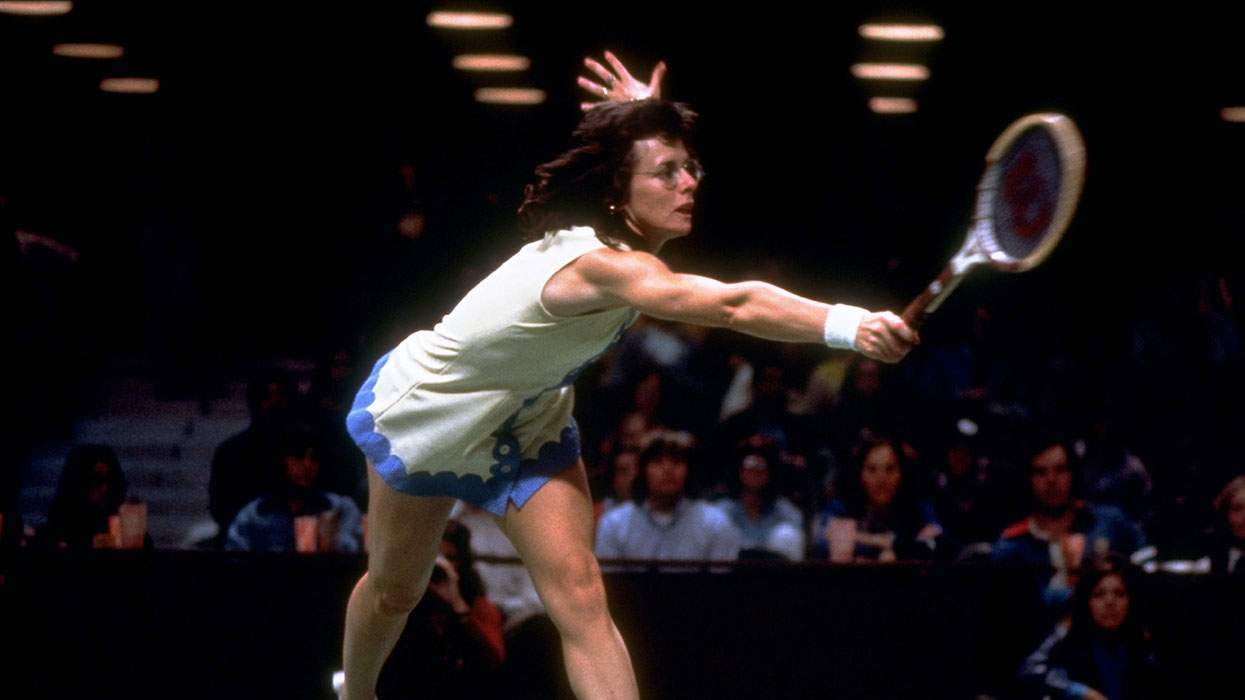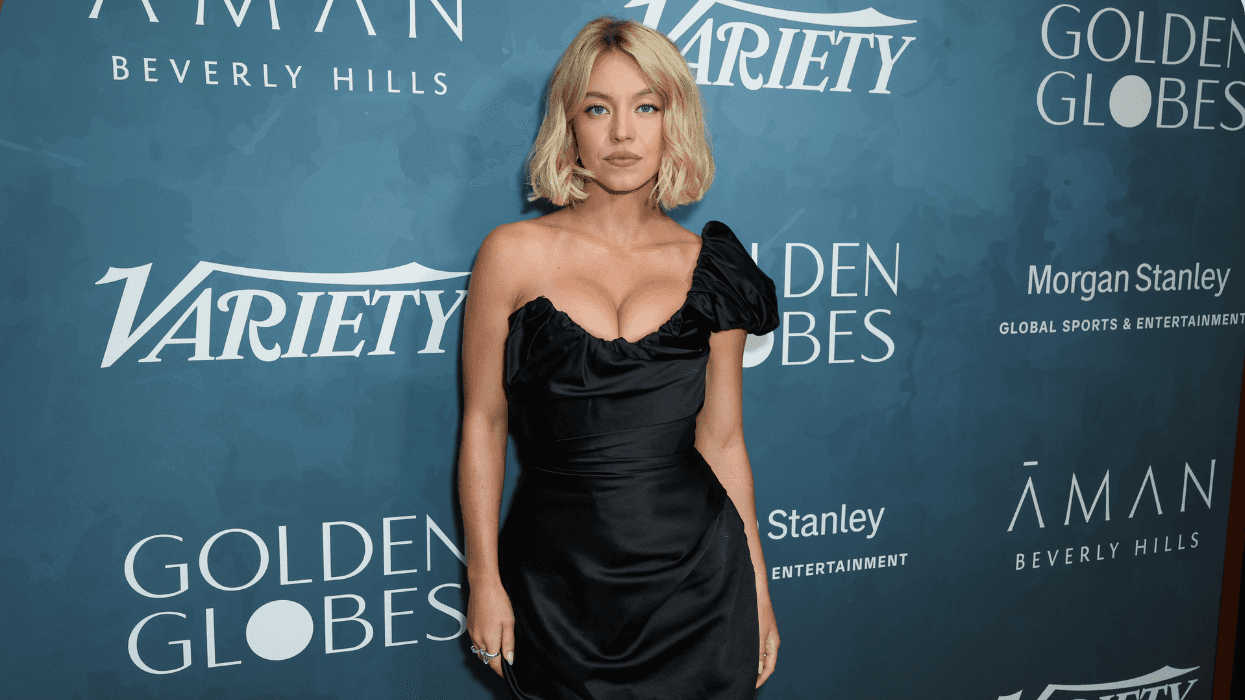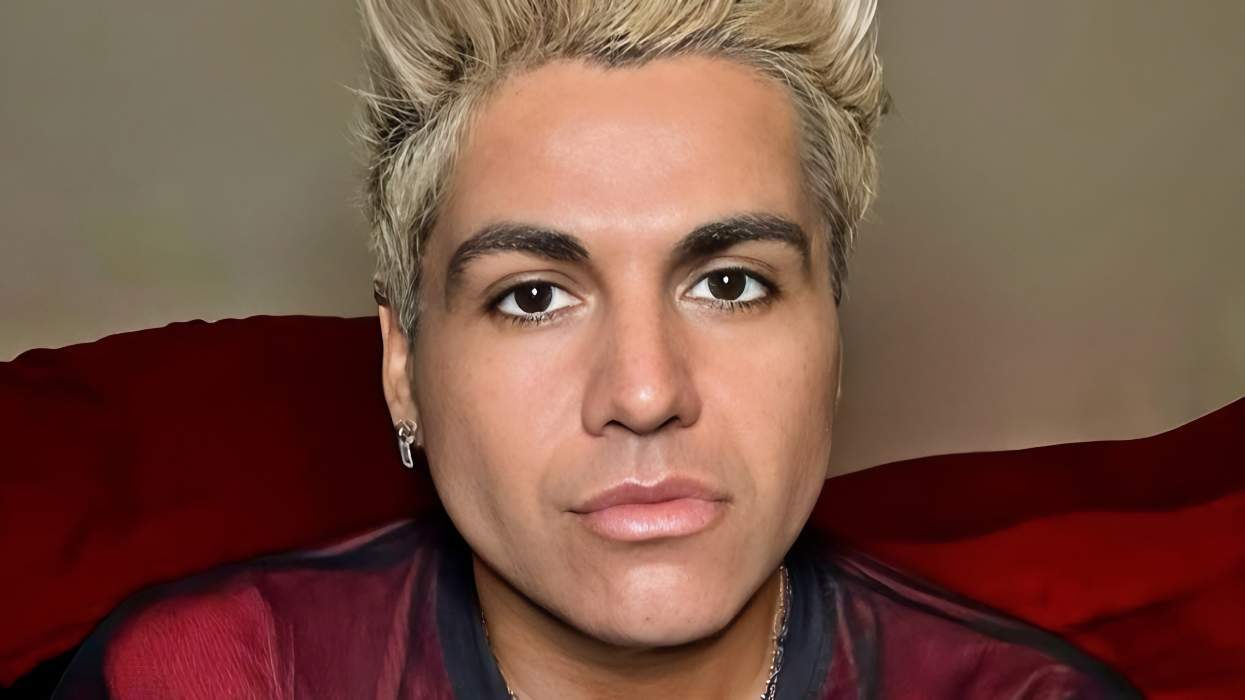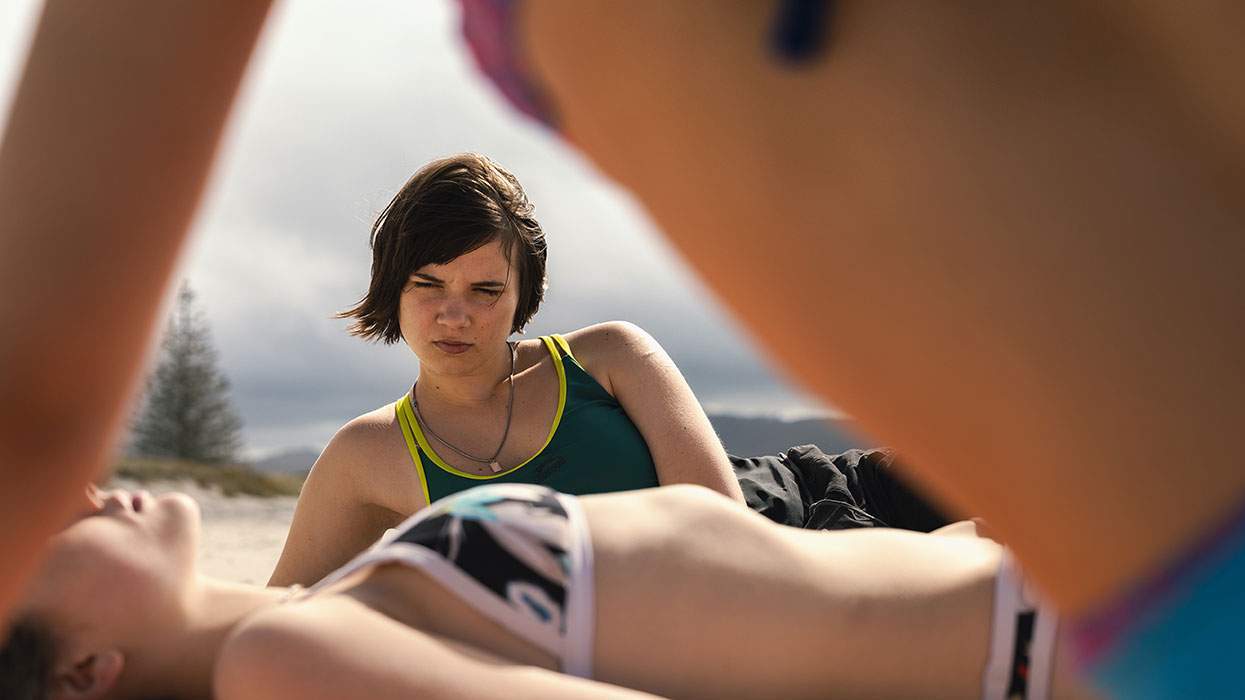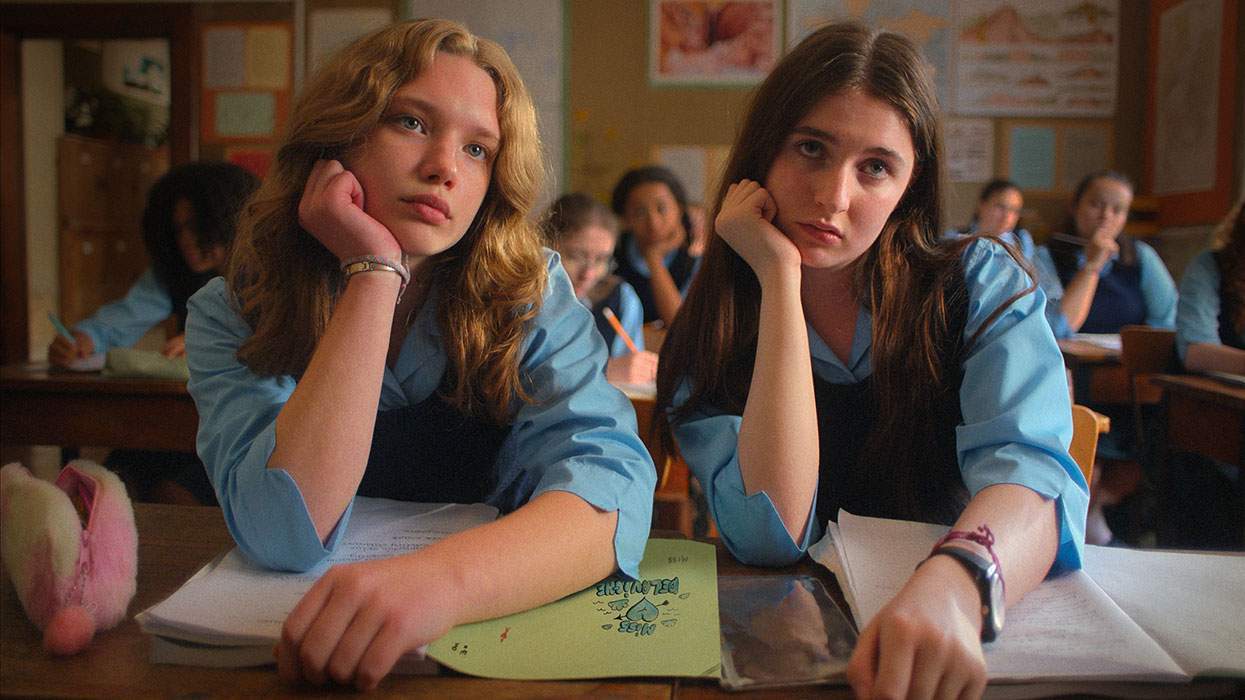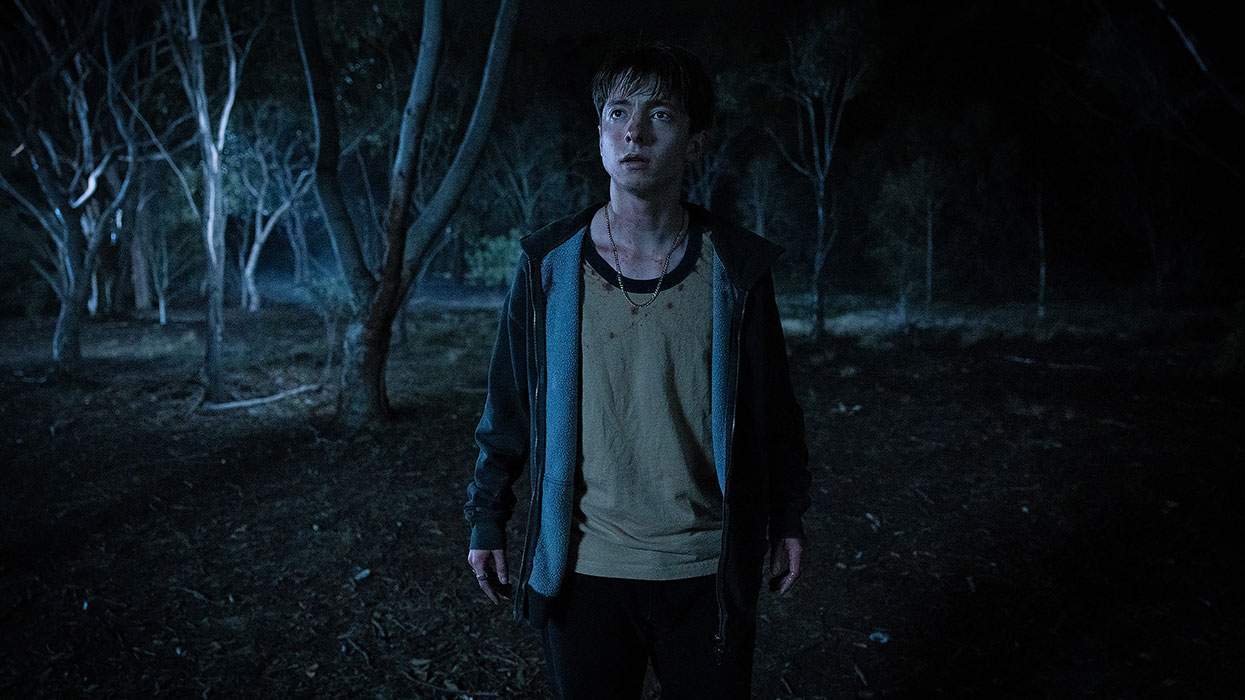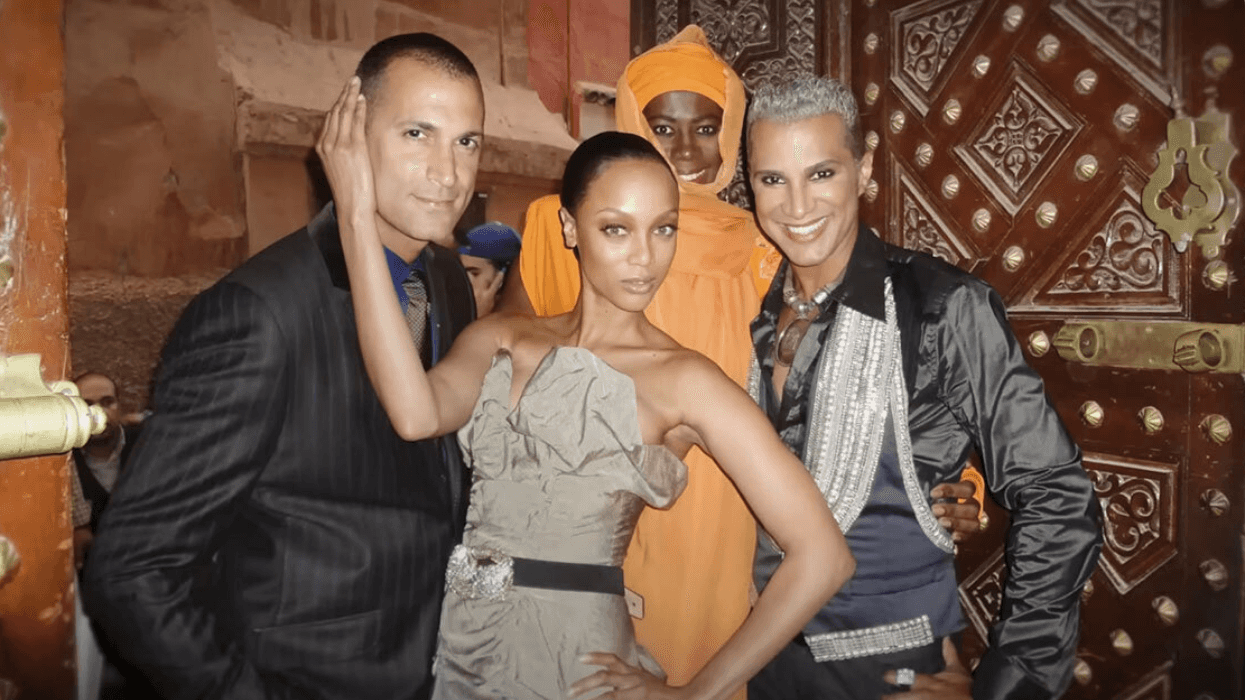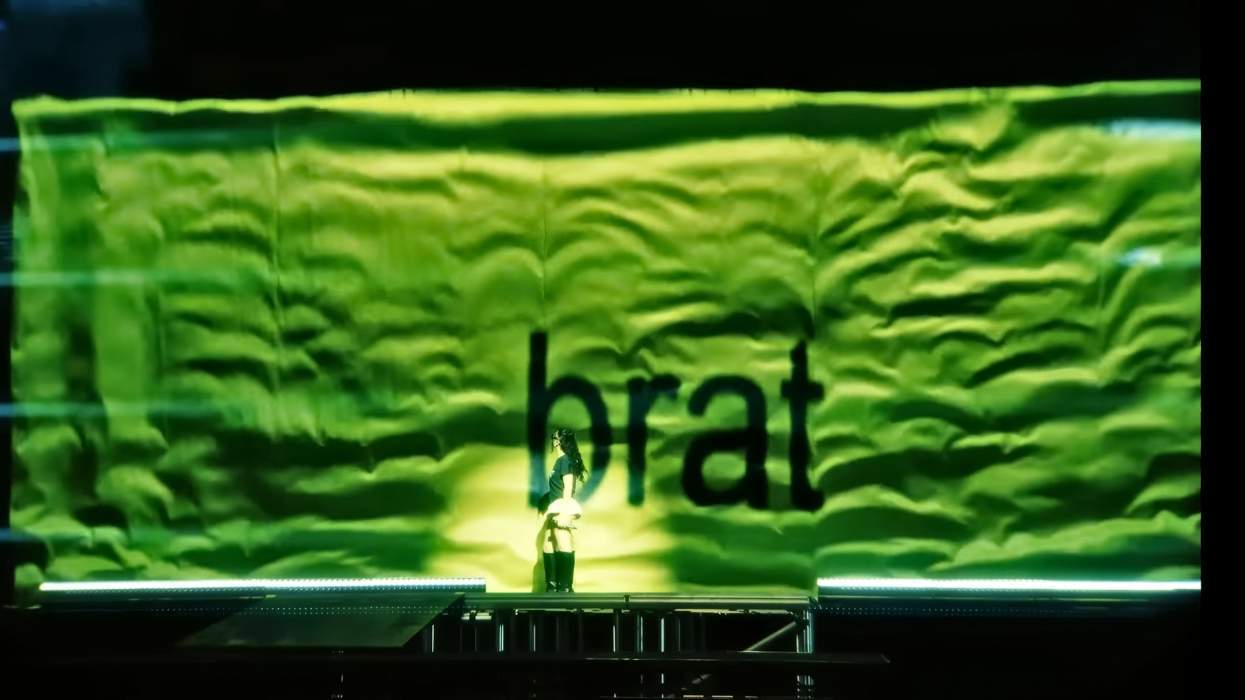There are moments of genius in every Coen Brothers movie, even the lesser ones. (I say lesser because there are no truly bad Coen Brothers movies.) Sometimes - as in, for example, Burn After Reading - they come so fast and with such force that your mind reels for hours afterwards. And sometimes, as in their new feature, which will be released by Netflix, they're scattered unevenly, but they're still there, loud and clear. "The Ballad of Buster Scruggs" is an oddball venture for Joel and Ethan Coen, but at its best it rewards casual viewing while meriting more serious engagement.
"The Ballad of Buster Scruggs" is actually an anthology film made up of six shorts. Like all short story collections, there are hits and misses in the mix. But three are, on their own merits, among the richest work I've seen from the Coens, and taken together, this anthology mirrors their entire career in miniature: they glide with ease through a variety of styles but maintain the same cunning sensibility. There are no obvious dramatic themes linking the six films together; apparently it was planned as a limited cable series. But the Coens return to the Western with a keen interest in its storytelling customs, and they ultimately hew close to its tropes, fascinations, and human shortcomings.
The series begins on a high with its title story. Tim Blake Nelson enters in white atop a horse, singing with a twang and killing for sport. Here, it's all about absurdist physical comedy inherent in Western machismo. There is one gut-punch of a sight gag, but also a surplus of tiny poetic details you wouldn't find elsewhere. One in particular stands in my memory: Buster Scruggs shoots a bartender in the back and for a fraction of a second - perhaps just one frame - we see the sunlight shine through his wound from the other side. It's a miniscule joke that most will miss, but it speaks volumes about the Coens' near-religious devotion to their brand of gallows humor.
Gallows humor turns literal in the following segment, which offers James Franco as a sinister robber foiled by a banker who shoots poorly and wears pots and pans for armor. This lands Franco in a noose, and the story turns thin and repetitive and thankfully ends abruptly. The third, "Meal Ticket," is a tragedy nearly free of dialogue. Liam Neeson, forever hardy and imposing, runs a traveling caravan show. His performer is a limbless actor (Harry Melling, sublime) whose spirited readings from Shakespeare, Lincoln, and the Bible are attracting a dwindling audience. Their competition: A chicken calculator. Ridiculous, sure, but agonizing. The boss swindles himself into buying the chicken, and the actor looks upon it with dread. He knows he can be replaced, but doesn't know how. The painterly landscape is forbidding even for an able-bodied man. So where can he go?
One wishes he had met the heartbreaking Miss Alice Longabaugh, a later segment's protagonist with whom he'd have a lot in common. Also an isolated innocent, Longabaugh is played by Zoe Kazan. It is the best performance of the lot. A sheltered spinster attached to her bumbling idiot brother, she is left alone and penniless on the Oregon Trail when he suddenly dies. She's soon surprised to fall into an engagement with the wagon train's conductor, played by Bill Heck, also wonderful. This ends badly, of course. After the body count piles up in the first hour of "Buster Scruggs," we are always looking over shoulders for a pointed gun or a raised tomahawk.
The surprise ending of "The Gal Who Got Rattled" indicates, at some level, a critical interest in race and gender in the Old West and the way these structures imposed themselves upon American narrative. If there is a questionable perspective in "The Ballad of Buster Scruggs," it is to be found in the Coens' reluctance to subvert these narratives, as Kelly Reichardt did quietly in her masterpiece "Meek's Cutoff," and as Quentin Tarantino did bombastically in both of his last two features. Surely they may have found a new way to take us there, but the Coens take these familiar structures at face value, finding as much variety as possible within their frameworks and milking them for their colossal emotional impact. American filmgoers are conditioned to go play cowboys-and-indians, but presumably the Netflix audience will feel implicated in something rancid. Perhaps the Coens' point is to elicit that discomfort, and that's legitimate, but it's one thing to look back on Westerns and appreciate them within their context and quite another to skillfully make a slew of them as if nothing had changed.


